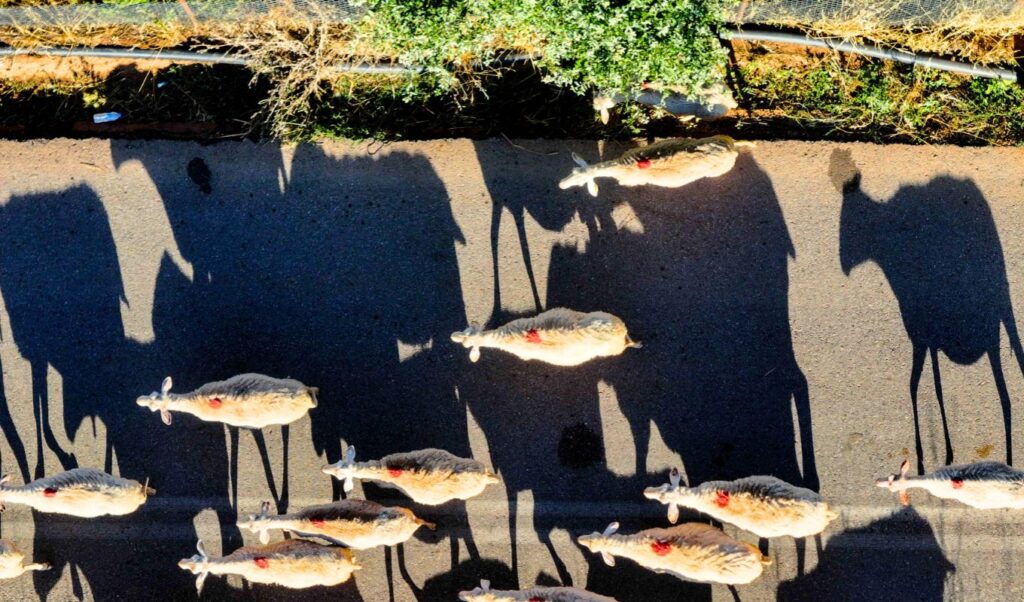The adoption of a new strategy to combat sheep and goat pox was announced by Minister of Rural Development Kostas Tsiaras, presenting an approach that excludes both universal lockdown and mass vaccinations. The new policy, according to “Apogeumatini,” aims to eradicate the zoonotic disease that has already caused the culling of over 350,000 animals across the country.
Triple strategy for combating sheep and goat pox
The government task force decided to implement three basic pillars to fight sheep and goat pox. First, the creation of a National Scientific Committee for Management and Control of Pox under the leadership of Charalampos Billinis, rector of the University of Thessaly and professor of Virology. The committee will meet weekly and propose measures, stricter sanctions, and faster compensation for affected livestock farmers.
Second, strengthening cooperation with Police and prosecutorial authorities for more effective surveillance and extensive inspections. Additionally, timely sanitary burial or incineration of dead animals within 72 hours at the latest is planned.
Third, continuous monitoring of epidemiological data in close cooperation with Regional Veterinary Services, while high-risk areas will be placed under special civil protection mobilization.
Categorical refusal of vaccinations
The scientific committee positioned itself categorically against livestock farmers’ requests for mass vaccinations against sheep and goat pox. As Charalampos Billinis emphasized, there is no approved vaccine either in Greece or the European Union, while in countries where vaccines were applied, many years were needed to eradicate the disease.
The committee head warned that vaccine use constitutes an illegal act and could lead Greece to endemic country status. In this case, feta cheese exports would be banned for the next 10 to 12 years. Additionally, available vaccines have reduced virulent potency and can transmit the disease from animal to animal.
Worsening situation in new areas
Despite the decline in sheep and goat pox cases in Thessaly after stricter measures, the disease is spreading to new areas. Specifically, a surge in cases is recorded in Serres, Achaia, Imathia, and Aetolia-Acarnania. From August 2024 to date, a total of 357,841 sheep and goats have been culled across the country.
Hundreds of livestock farmers have lost their main source of income, while compensation is delayed. So far, 40 million euros have been allocated for payments of culled animals, while an additional 12 million euros have been approved. At the same time, at least 46 million euros will be immediately allocated to cover the needs of livestock farmers forced into quarantine.
Strict criteria for compensation
The Minister of Rural Development clarified that livestock farmers who do not follow biosafety measures or proceed with illegal vaccinations will lose their right to compensation. As Kostas Tsiaras characteristically emphasized, violations cannot be subsidized, sending a clear message to those who do not comply with official measures to combat sheep and goat pox.




